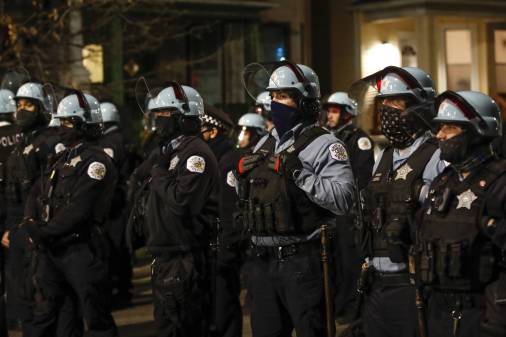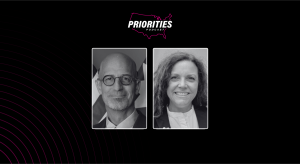Chicago’s open records lawsuits totaled more than 70,000 in 2016

Despite Chicago’s aggressive push for transparent government with a new transparency policy and new data sets released to the city’s open data portal, the city was ordered to pay more than $670,000 in open record violations in 2016.
The figure is more than what Chicago paid in the previous eight years combined and has spurred doubt among some members of the public in the city’s commitment to honor public disclosure laws. This issue is not closed — the city will also contend with an additional 54 ongoing Freedom of Information Act lawsuits in 2017.
The Chicago Tribune reported that the lawsuits, which stemmed from FOIA requests, were comprised of 27 complaints, 19 of which dealt with law enforcement. This conflicts with efforts undertaken by the mayor’s office last year, including the release of a new transparency policy ensuring access to police video and records following a report from the mayor’s Police Accountability Task Force recommending increased body camera use and policy reform.
The request by freelance journalist Brandon Smith seeking police footage in the shooting of Laquan McDonald was the most costly. The city was ordered to not only release the tape that showed the controversial police shooting but also to pay $97,500 in fees.
The city paid an additional $96,275 to settle a lawsuit from the Better Government Association after Emanuel admitted he’d used personal email accounts to manage city operations. Other large judgements included a payment of $95,000 to the Chicago Tribune for records connected to a wire fraud conviction of Chicago Public Schools Chief Barbara Byrd-Bennett, and there was an award of about $77,700 to the Animal Legal Defense Fund for records from the city’s Animal Care and Control department.
Chicago Tribune Vice President Karen Flax described the matter as disappointing.
“The uptick in lawsuits reflects the city’s disregard for the importance of the open records law and the fact that the city is understaffed in this area,” Flax said. “It is pay now or pay later: If the city would produce the records to which the public is entitled in the first place, we would not need to file lawsuits and incur legal fees which the city then needs to cover.”
Chicago officials did not respond to StateScoop’s requests for comment, but a statement from the city’s lawyers issued to the Tribune emphasized the great volume — thousands — of FOIA requests that the city receives each year.
“There is always room for improvement, and during the past year, the city has dedicated additional resources and provided employees with additional training to ensure compliance and provide transparency to the public. … It is not acceptable for any city department to ignore or unnecessarily delay a response to a request, nor is it acceptable for a department to improperly apply exemptions,” the city stated.
That 70 percent of the cases involved law enforcement may indicate Chicago will need stricter policy or more advanced reporting tools if the city is to avoid continued lawsuits.
Several states, such as California, are leading such policy changes following direction from President Obama’s Task Force on 21st Century Policing and the White House’s Police Data Initiative.
In 2016, the state of California complied with the measure, passing legislation that required police departments report incident information to the state on things like use of force and officer involved shootings. Officials also launched a statewide reporting system — called URSUS — to collect data from each the state’s 800 or so police departments. The California Department of Justice also runs a platform called OpenJustice that publishes police data.
At least 53 jurisdictions across the country have instituted new policies in programs to increase police transparency, including increased reporting of use of force data.





